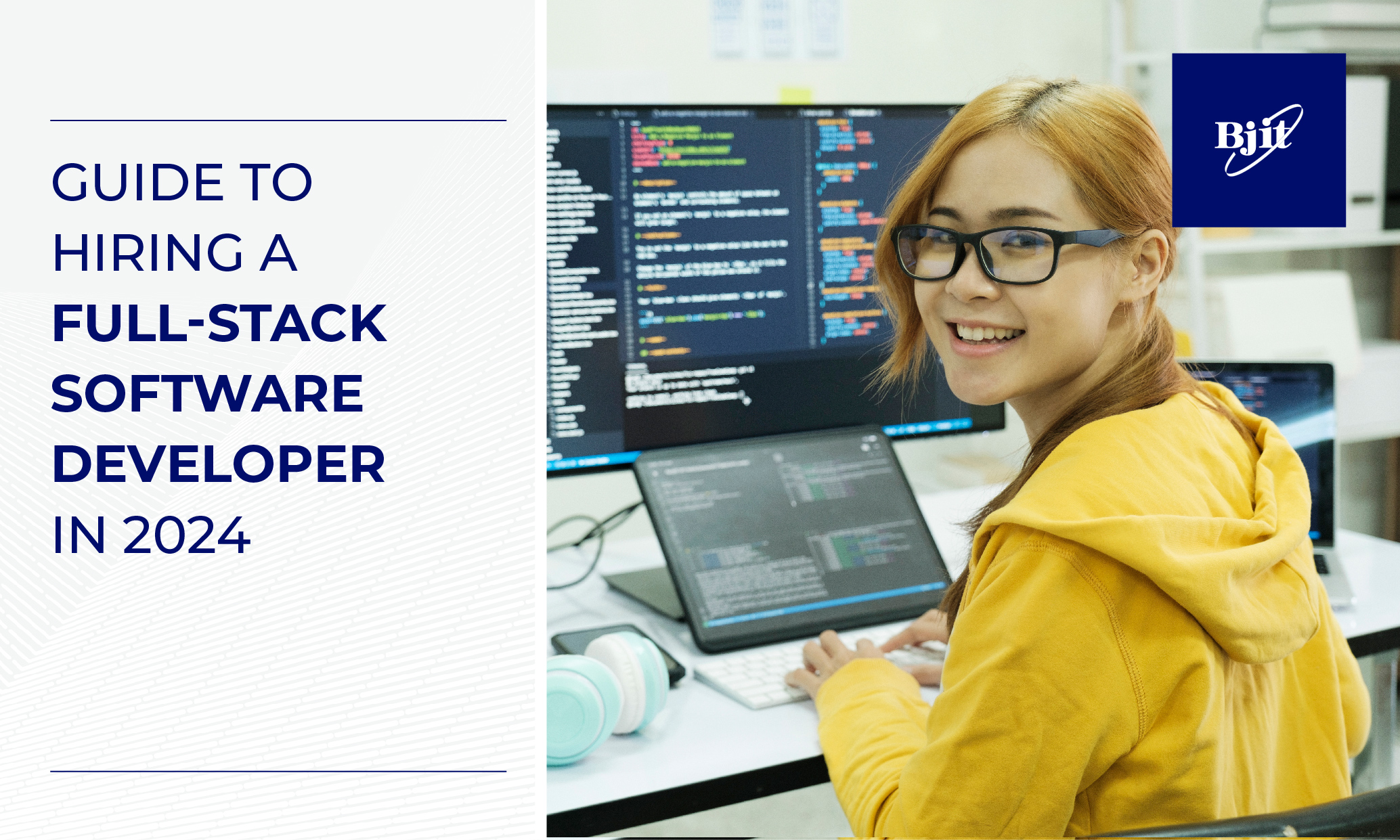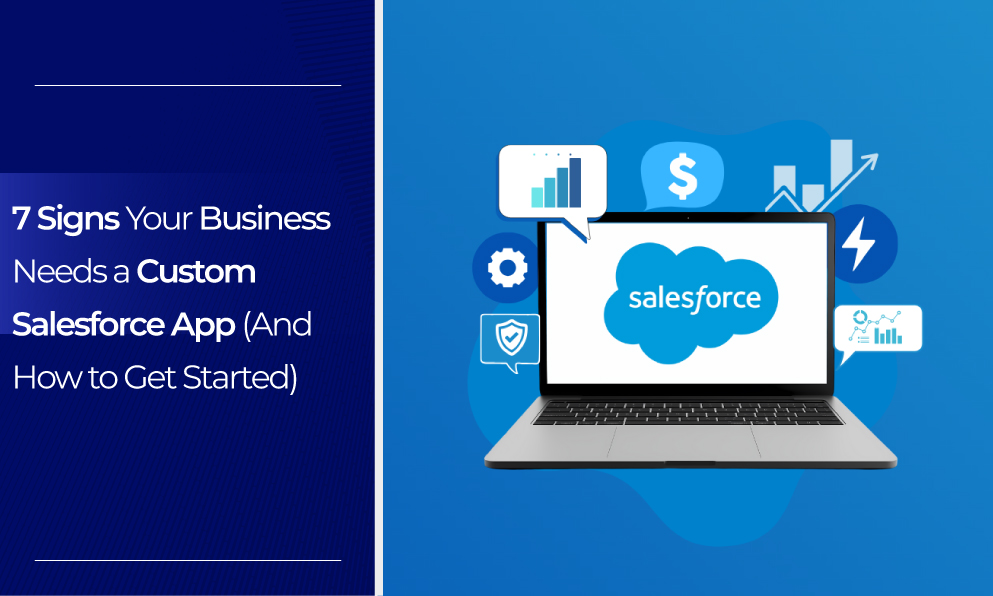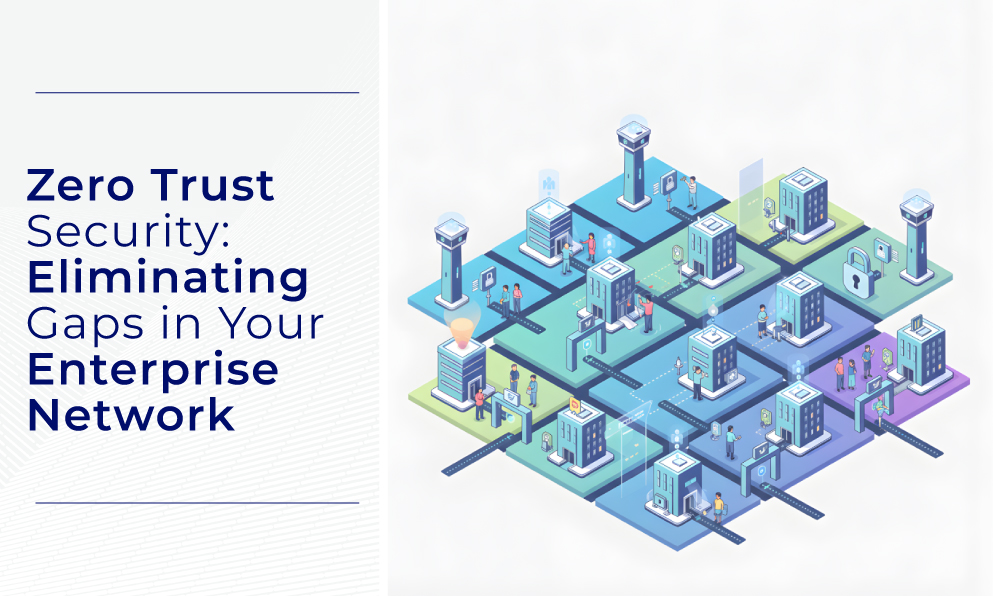Hiring the right full-stack software developer is crucial for the success of any digital project. With the increasing complexity of web and mobile applications, the demand for skilled professionals who can handle both frontend and backend development has never been higher. This comprehensive guide will walk you through the process of finding and hiring the perfect full-stack developer for your team in 2024.
Understanding Full-Stack Development
A full-stack developer is a jack-of-all-trades in the software development world. They possess a diverse skillset that allows them to work on both the front end and back end of applications. From designing user interfaces to managing databases and server infrastructure, full-stack developers are adept at every stage of the development process.
10 Steps of Hiring a Full-Stack Software Developer
Step 1: Identifying Your Needs
Before you begin your search for a full-stack developer, it's essential to understand your project requirements thoroughly. Determine the specific skills and technologies needed to bring your vision to life. Whether it's expertise in JavaScript frameworks like React or Angular, proficiency in backend languages such as Python or Node.js, or experience with database management systems like MySQL or MongoDB, clarity on your needs will streamline the hiring process.
Step 2: Researching Potential Candidates
Once you have a clear understanding of your requirements, start researching potential candidates. Utilise online platforms and job boards to find developers with the skills and experience you're looking for.
Additionally, leverage your professional network within the industry such as BJIT to seek recommendations and referrals from trusted sources. We work hard to improve our full stack software developers skills based on the latest technology. Our developers went for skill improvement training on a regular basis so that we can be up to date. You can hire developers or even a dedicated offshore developing team from us if they match your interests.
Step 3: Screening Applicants
Review resumes and portfolios to shortlist candidates who meet your criteria. Look for relevant experience, projects, and certifications that demonstrate their capabilities. Conduct initial interviews to assess their communication skills, problem-solving abilities, and cultural fit within your organization.
Step 4: Technical Evaluation
To gauge a candidate's technical proficiency, consider administering coding challenges or tests. These assessments can help evaluate their coding skills, algorithmic knowledge, and ability to solve real-world problems efficiently.
Step 5: Assessing Soft Skills
In addition to technical expertise, it's essential to evaluate a developer's soft skills. Effective communication, teamwork, and adaptability are crucial for collaboration in a fast-paced development environment. At BJIT, we focuses on both technical and soft skills for our developers.
Step 6: Checking References
Before making a final decision, reach out to the candidate's previous employers or clients for references. Validate their experience, performance, and work ethic to ensure they're the right fit for your team.
Step 7: Making the Offer
Negotiate terms and salary based on the candidate's skills, experience, and market rates. Once an agreement is reached, finalize the employment details and prepare to onboard the new team member.
Step 8: Onboarding Process
Introduce the new hire to your team and company culture to facilitate a smooth transition. Provide necessary resources, training, and mentorship to help them acclimate to their role and responsibilities.
Step 9: Evaluating Performance
Set clear expectations and goals for the new hire and conduct regular performance reviews to track their progress. Provide constructive feedback and support to help them succeed in their role.
Step 10: Retaining Talent
Create a positive work environment that fosters growth, creativity, and collaboration. Offer opportunities for professional development, mentorship, and advancement to retain top talent and build a strong team.
Conclusion
Hiring a full-stack software developer requires careful planning, research, and evaluation to find the right fit for your team. You can streamline the hiring process and ensure success in your digital projects with the above steps.
FAQs
What makes a good full-stack developer?
A good full-stack developer possesses a combination of technical expertise, problem-solving abilities, and strong communication skills.
How can I assess a candidate's technical skills?
You can assess a candidate's technical skills through coding challenges, tests, and by reviewing their past projects and experience.
What are some common technologies used by full-stack developers?
Common technologies used by full-stack developers include JavaScript frameworks like React and Angular, backend languages such as Python and Node.js, and database management systems like MySQL and MongoDB.
How important are soft skills in a full-stack developer?
Soft skills are crucial for a full-stack developer as they facilitate effective communication, collaboration, and teamwork within a development team.
How can I retain top full-stack developer talent?
Retaining top full-stack developer talent requires creating a positive work environment, offering opportunities for growth and advancement, and providing competitive compensation and benefits packages.











